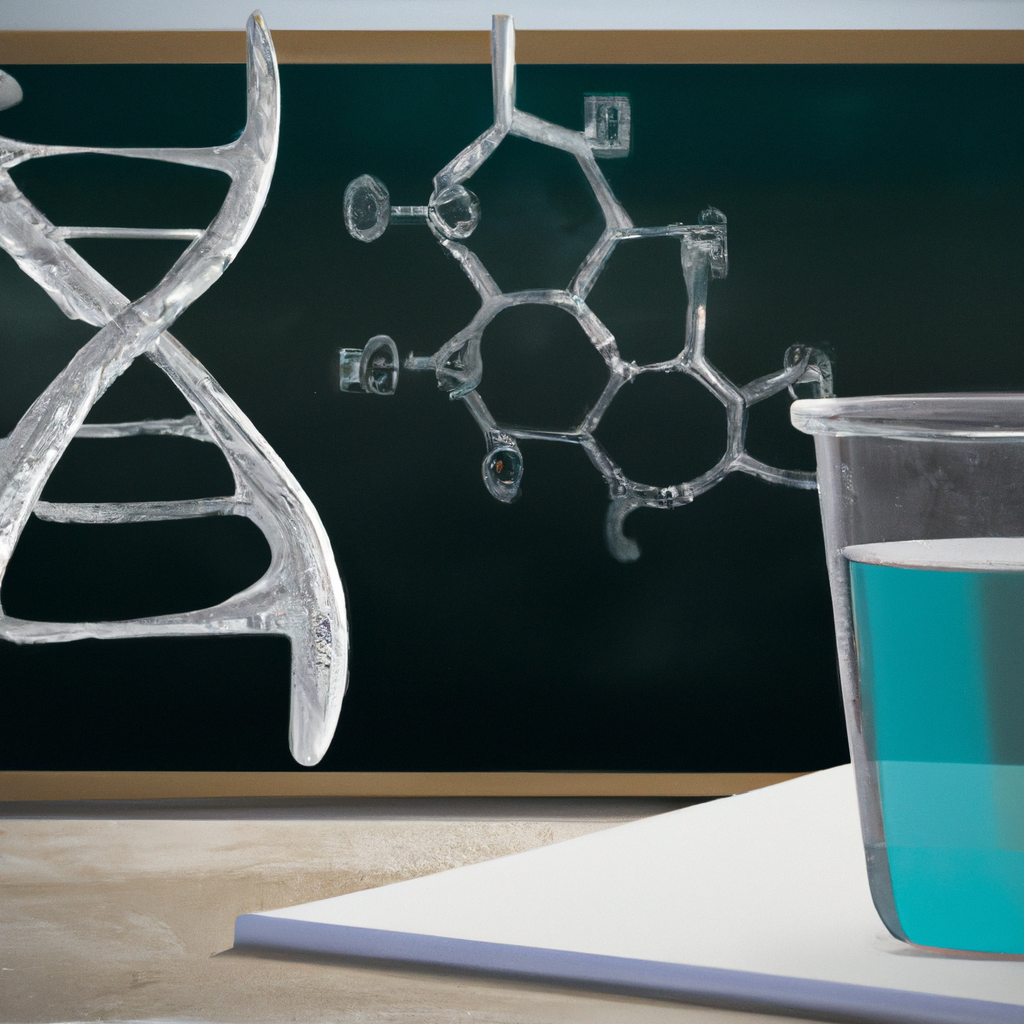Ionis Pharmaceuticals has announced that its investigational treatment for Angelman syndrome, ION582, has shown a favorable safety profile and reduced symptoms in patients participating in the HALOS clinical trial. Six-month follow-up data from the first part of the Phase 1/2 study (NCT05127226) indicated that all doses tested—low, medium, and high—administered via injections directly into the spinal canal for three months, were well tolerated.
Notably, 97% of patients receiving medium and high doses of ION582 showed clinically meaningful improvements, as measured by the Symptoms of Angelman Syndrome-Clinician Global Impression of Change (SAS-CGI-C) scale, which reflects clinicians’ evaluations of the symptoms. Improvements were particularly observed in communication, cognition, and motor skills, affirming the treatment’s safety across all doses.
Ionis Pharmaceuticals plans to advance to a pivotal Phase 3 study for ION582 in Angelman syndrome patients in the first half of 2025, with discussions about trial design set to take place with regulators later this year.
Brett Monia, PhD and CEO of Ionis, expressed optimism about collaborating with the Angelman syndrome community to move forward with Phase 3 development. Monia remarked that the promising results position ION582 as a potential cornerstone for the company’s next significant advancements in neurological treatments.
Angelman syndrome results from mutations in the UBE3A gene inherited from the mother, which impede the production of the functional UBE3A protein. ION582 aims to activate the paternal copy of the UBE3A gene by inhibiting a silencing molecule.
The open-label HALOS trial included 51 participants aged 2 to 50, and upon completing the initial phase, qualifying patients will transition into a second phase to study the medium and high doses of ION582 over an additional 12 months. The study will continue with a follow-up phase lasting four years. The primary objective is to evaluate the safety and tolerability of the different dosing regimens.
The exploratory efficacy measures will assess various factors, including communication, cognition, motor skills, sleep, seizures, and daily living skills, evaluated through several standardized scales, including SAS-CGI-C and Bayley-4 assessments.
Parent-reported evaluations indicated significant improvements in various aspects of patient functioning, with 72% of patients showing enhancements in fine motor skills, 67% in cognition, and 69% in expressive communication. The data also indicated better communication skills, with improvements in receptive communication in 89% of participants and expressive communication in 84%. Socialization and daily living skills saw improvements in up to 87% and 82% of patients, respectively.
When assessed by the SAS-CGI-C scale, improvements in cognition were reported in 85% of the patients, while sleep and behavior improved in 61% and 56% respectively. These results reflect a broad range of enhancements observed across the patient population.
Dr. Lynne Bird, a professor of clinical pediatrics at the University of California San Diego and an investigator in the HALOS study, commented on the significance of these findings, noting the chronic challenges associated with Angelman syndrome and the preliminary evidence suggesting consistent improvements observed with ION582.
The HALOS clinical trial results were presented at the 2024 Angelman Syndrome Foundation Family Conference held from July 23-26 in Sandusky, Ohio. ION582 has received orphan drug and rare pediatric disease designations from the U.S. Food and Drug Administration (FDA) to expedite its development.
